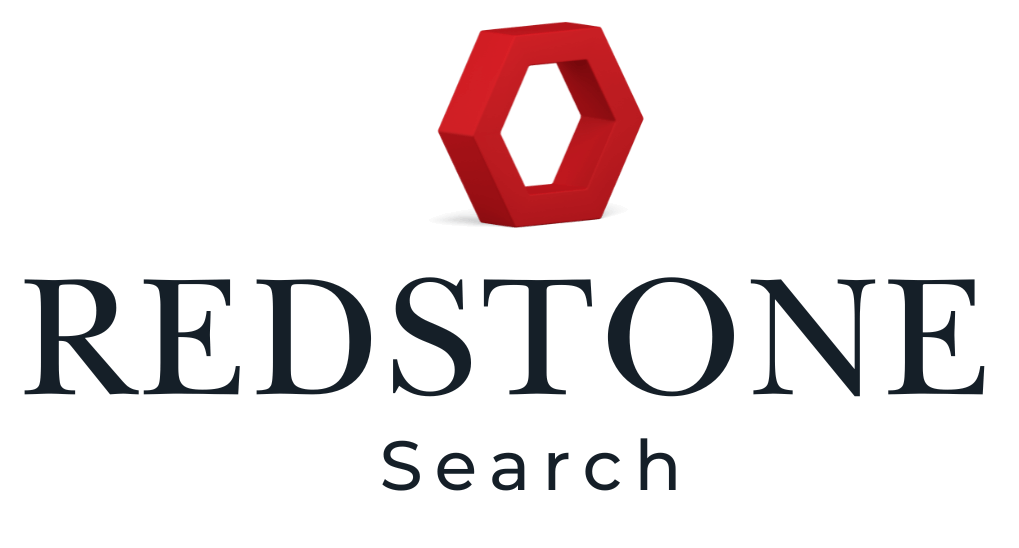Compliance is a critical function for businesses across industries. Ensuring adherence to laws, regulations, and internal policies is not just a legal obligation but also a strategic imperative for organisations aiming to mitigate risks and uphold ethical standards. Traditionally seen as a domain reserved for legal professionals, breaking into compliance without a legal background may seem daunting, but it’s far from impossible. With the right mindset, skills, and approach, individuals from diverse backgrounds can carve out successful careers in compliance.
1. Understand the Landscape
Before diving in, it’s essential to grasp the foundational concepts of compliance. Familiarise yourself with key regulations relevant to your target industry, such as anti-money laundering (AML), data protection laws like GDPR, or industry-specific regulations like HIPAA in healthcare. Online courses, webinars, and industry publications are excellent resources for gaining this foundational knowledge.
2. Develop Transferable Skills
While a legal background can be advantageous, it’s not the sole determinant of success in compliance. Focus on honing transferable skills such as critical thinking, attention to detail, problem-solving, and strong communication abilities. These skills are invaluable in navigating the intricate compliance landscape and effectively communicating requirements to stakeholders across the organisation.
3. Pursue Relevant Education and Certifications
While not mandatory, obtaining certifications in compliance-related fields can significantly enhance your credibility and marketability. Consider pursuing certifications such as Certified Compliance & Ethics Professional (CCEP), Certified Anti-Money Laundering Specialist (CAMS), or Certified Information Privacy Professional (CIPP) to demonstrate your commitment to the field and showcase your expertise to potential employers.
4. Gain Practical Experience
Seek opportunities to gain hands-on experience in compliance, even if it means starting at an entry-level position. Internships, volunteer work, or part-time roles within compliance departments can provide invaluable exposure to the day-to-day responsibilities of compliance professionals. Emphasise any relevant experience, even if it’s not directly in compliance, such as roles involving regulatory research, audit, or risk management.
5. Network Effectively
Building a strong professional network is crucial for advancing your career in compliance. Attend industry events, join relevant professional associations, and connect with professionals in the field through platforms like LinkedIn. Engaging in networking activities can provide insights into industry trends, job opportunities, and potential mentors who can offer guidance and support as you navigate your career path.
6. Stay Informed and Adapt
The regulatory landscape is constantly evolving, with new laws and regulations being introduced regularly. Stay informed about emerging trends and regulatory developments relevant to your area of interest. Subscribe to industry newsletters, follow regulatory agencies on social media, and participate in continuing education opportunities to stay abreast of changes and adapt your skills accordingly.
7. Highlight Relevant Skills on Your CV
When applying for roles in compliance, tailor your CV to highlight relevant skills and experiences that demonstrate your suitability for the position. Emphasise any experience with regulatory compliance, risk management, policy development, or auditing, even if it’s not directly related to your previous roles. Additionally, showcase your ability to navigate complex regulatory frameworks and communicate effectively with stakeholders.
8. Embrace Continuous Learning
The field of compliance is dynamic and multifaceted, requiring professionals to adapt to evolving regulations and best practices continually. Embrace a mindset of lifelong learning and seek out opportunities to expand your knowledge and skills through formal education, professional development programs, and on-the-job experiences. Demonstrating a commitment to ongoing learning and professional growth can set you apart as a proactive and valuable asset to employers.
9. Seek Mentorship and Guidance
Finding a mentor who has experience in the compliance field can provide invaluable insights and guidance as you navigate your career path. Reach out to professionals in the industry who you admire or who have experience similar to the path you aspire to pursue. A mentor can offer advice, share their experiences, and provide support as you work towards your goals in compliance.
10. Demonstrate Your Value
Finally, focus on demonstrating your value proposition to potential employers. Showcase how your unique skills, experiences, and perspectives can contribute to an organisation’s compliance efforts. Whether it’s a strong analytical ability, a keen understanding of technology, or expertise in a specific industry, highlight how you can help drive compliance excellence and add value to the organisation.

